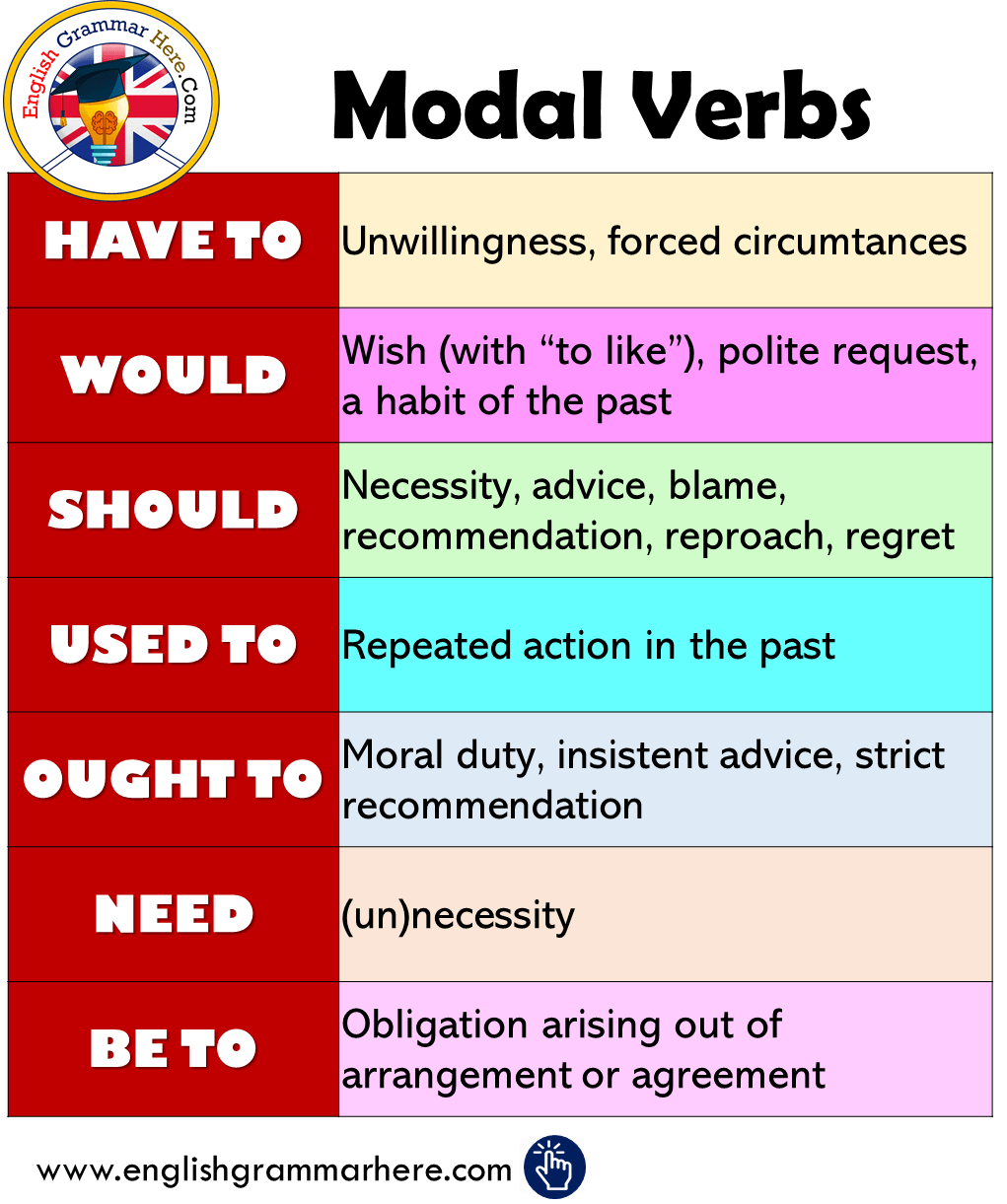Modal verbs are a type of auxiliary verb that express a speaker’s attitude towards a situation. They are used to indicate possibility, necessity, obligation, or permission. In English, modal verbs are unique in that they do not change form based on the subject of the sentence. Instead, they are followed by a base form of the main verb.
Modal verbs play a crucial role in expressing various shades of meaning in English sentences. They can convey different levels of certainty, likelihood, ability, permission, and obligation. Understanding how to use modal verbs correctly can greatly enhance your language skills.
Common Modal Verbs in English
1. Can – indicates ability or possibility
2. Could – indicates ability or possibility in the past
3. May – indicates possibility or permission
4. Might – indicates possibility or uncertainty
5. Must – indicates strong obligation or necessity
Modal verbs can also be used in combination with other verbs to express more nuanced meanings. For example, “I should go” implies a sense of duty or recommendation, while “I would like to go” expresses a desire or preference. It is important to pay attention to the context in which modal verbs are used to accurately interpret their meaning.
Using modal verbs effectively can help you communicate more clearly and accurately in English. They are essential for expressing ideas such as possibility, necessity, obligation, and permission. Practice using modal verbs in different contexts to improve your language proficiency and expand your vocabulary.
In conclusion, modal verbs are an important aspect of English grammar that play a key role in conveying attitudes and meanings in sentences. By familiarizing yourself with common modal verbs and their usage, you can enhance your language skills and communicate more effectively. Remember to pay attention to context and tone when using modal verbs to ensure that your message is conveyed accurately.
